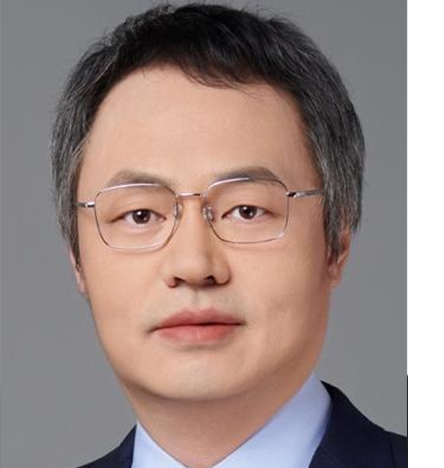
Nanoscale Thermal Transport in Advanced Semiconductor Devices and Interconnects
Prof. Hua BAO
Professor and Associate Dean at Global Institute of Future Technology, Shanghai Jiao Tong University
Abstract:
As semiconductor technology advances toward smaller feature sizes and higher integration densities, thermal challenges become vital. Accurate thermal analysis for ICs is therefore critical for both IC design and reliability. However, as the characteristic length approaches nanoscale, non-Fourier thermal transport effects, such as ballistic transport and phonon modal non-equilibrium, becomes prominent. The conventional thermal models based on heat diffusion equation is no longer valid. This presentation introduces a comprehensive multiscale thermal analysis framework for advanced ICs, addressing materials, transistors, and back�end�of�line (BEOL) interconnects. We develop GiftBTE—an open�source, efficient non-gray phonon Boltzmann Transport Equation solver, which is capable of accurately modeling thermal transport in micro�nano structures and transistors. At the material level, we introduce a parameter-free, first-principles methodology that predicts nanoscale thermal properties of semiconductors with high accuracy. At the transistor level, we develop an electrothermal coupling scheme to quantify self-heating effects and thermal-aware performance degradation in advanced-node transistors. Moreover, to address the complicated thermal transport of BEOL metal interconnects, we implement a coupled BTE-FEM approach. This enables sensitivity analyses of interconnect design parameters and identifies the dominant factors governing thermal performance, which provides a theoretical basis for BEOL thermal optimization. Roadmap towards further development thermal�aware IC design will also be presented.
Speaker's Biography:
Prof. Hua Bao is professor and associate dean at Global Institute of Future Technology, Shanghai Jiao Tong University. He received his B.S. in Department of Physics at Tsinghua University, China, in 2006, and obtained his Ph.D. from School of Mechanical Engineering at Purdue University in 2012. He then joined Shanghai Jiao Tong University in 2012. His research interests include micro and nanoscale thermal conduction and radiation transport, and the applications in electronics thermal management and reliability. He received the First Prize of Shanghai Municipal Natural Science Award and the Second Prize of Natural Science Award of the Engineering Thermophysics society. His research has been funded by many sponsors, including the excellent young scholar funding from National Science Foundation of China.